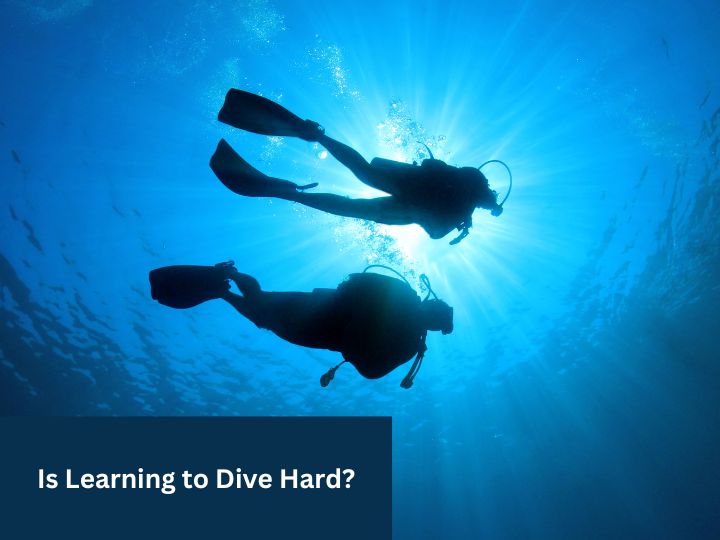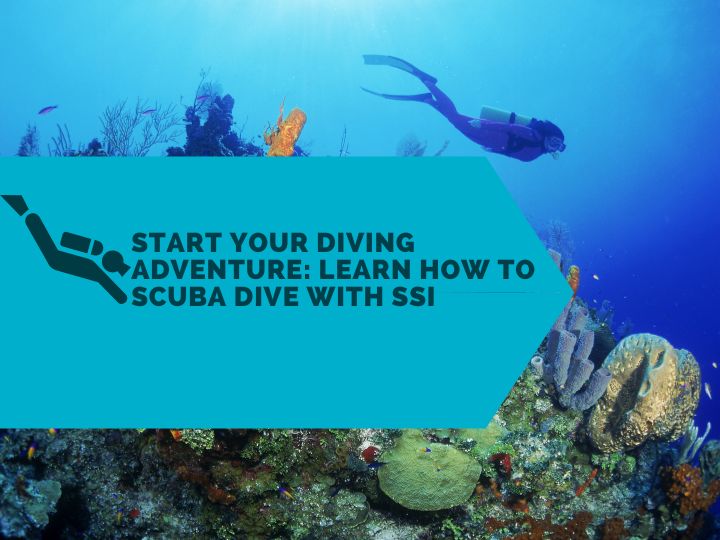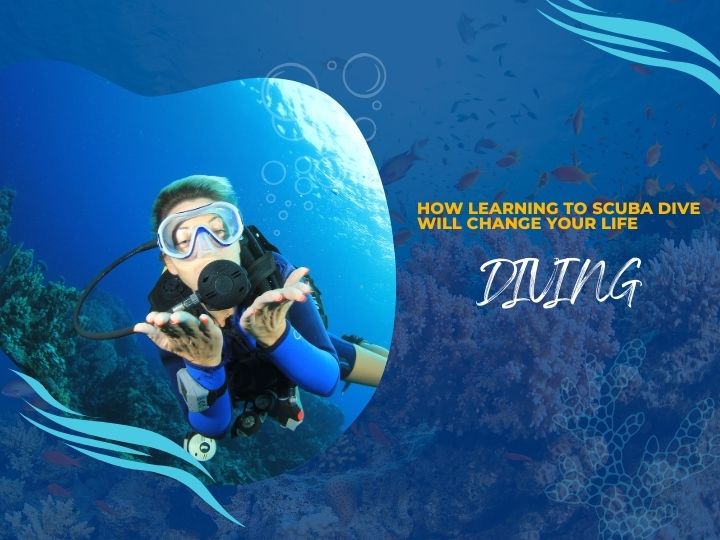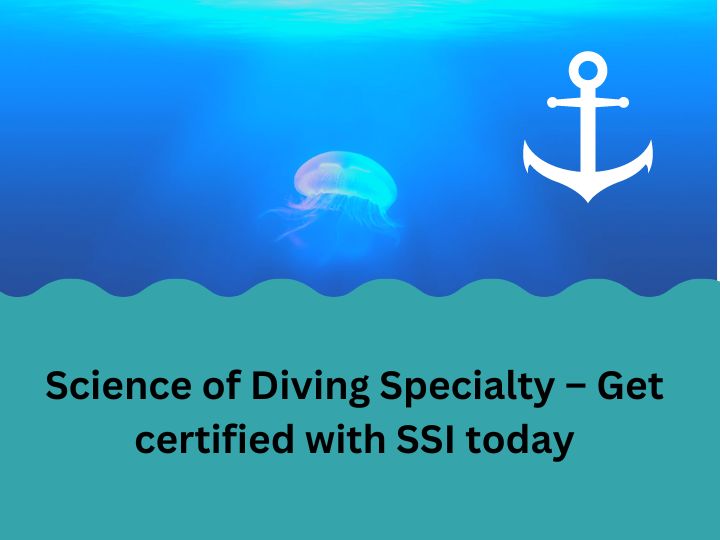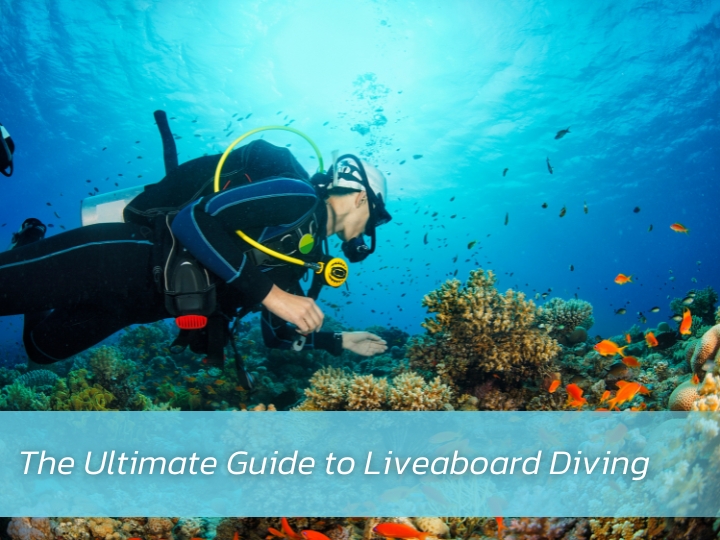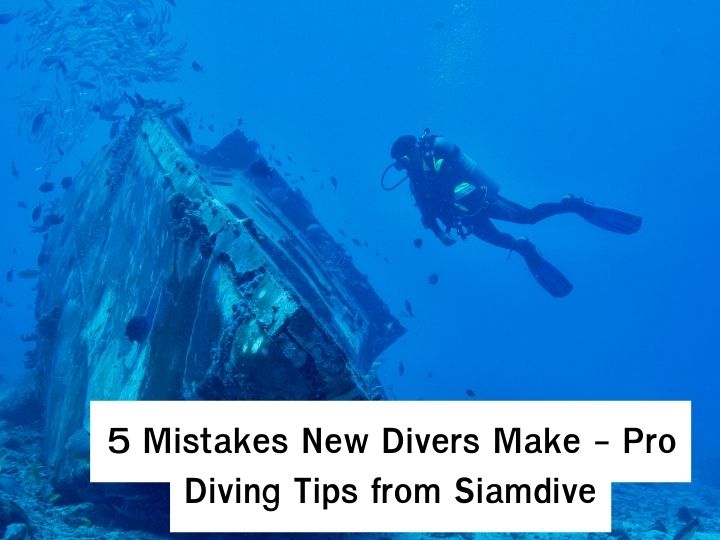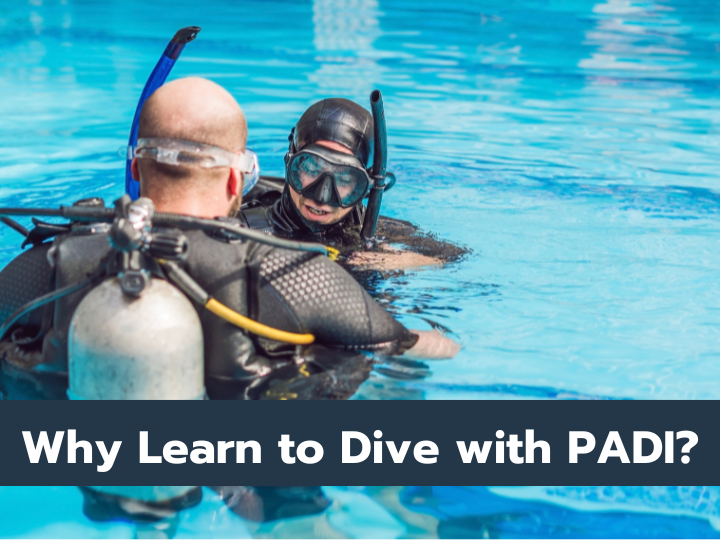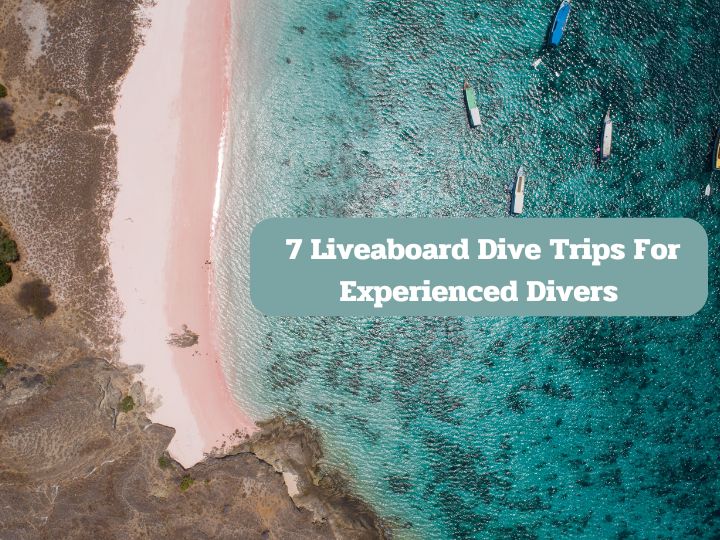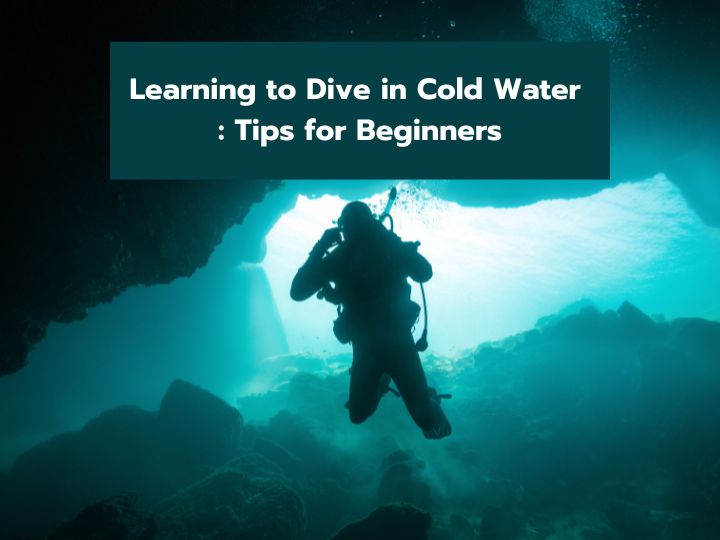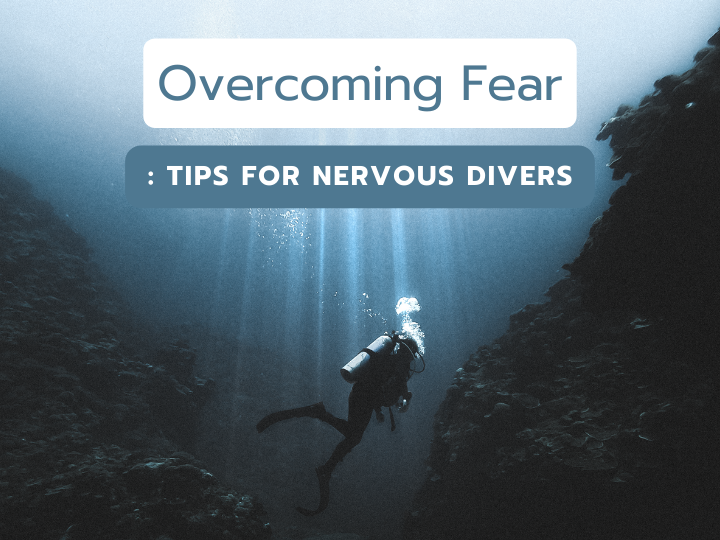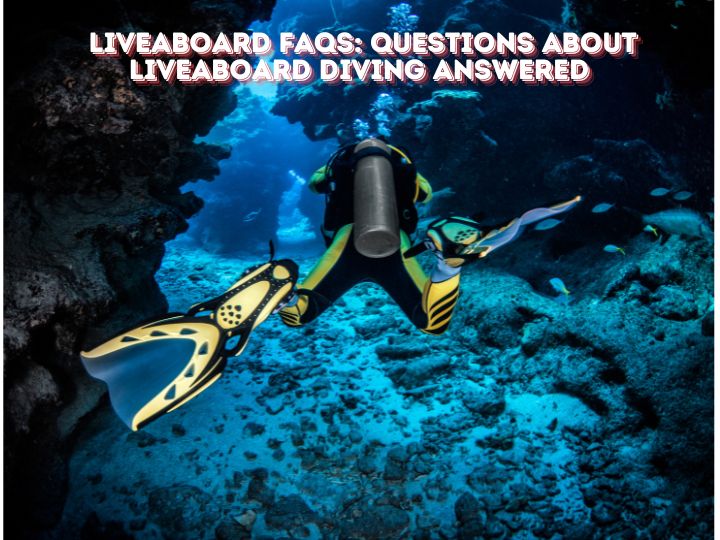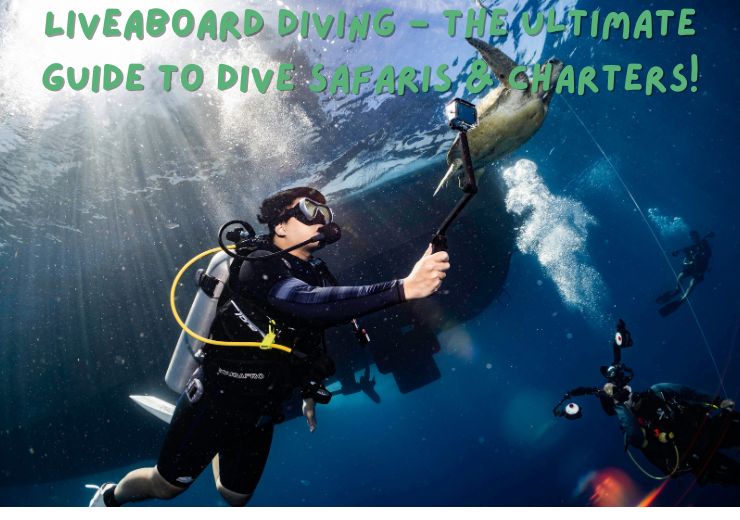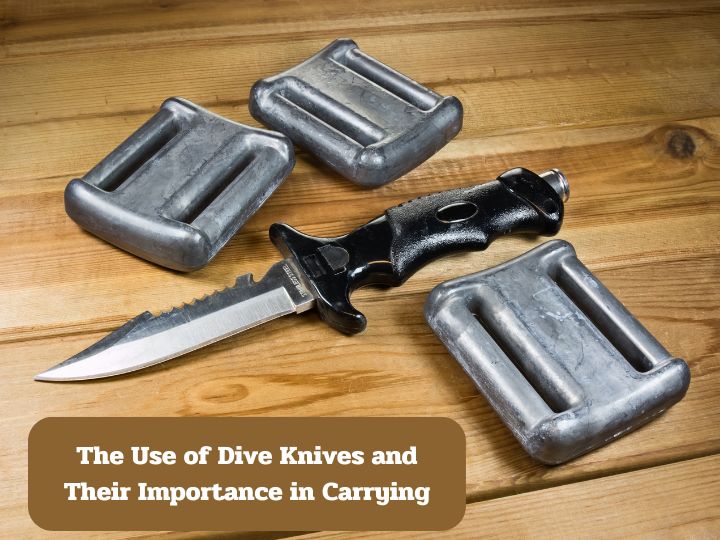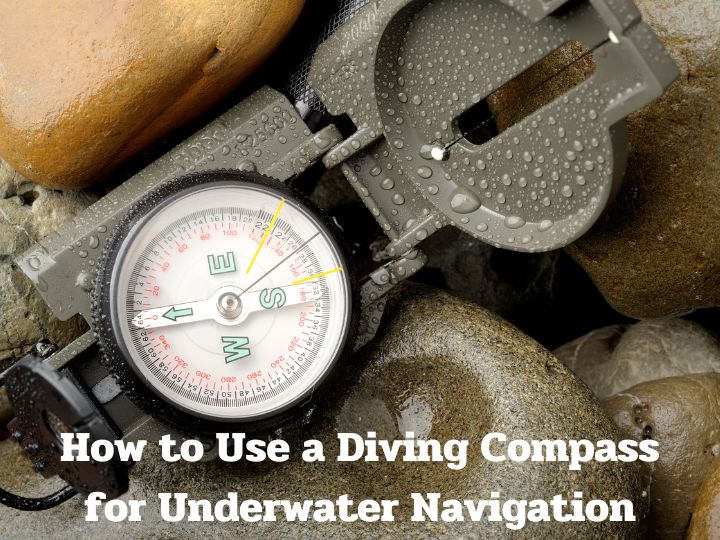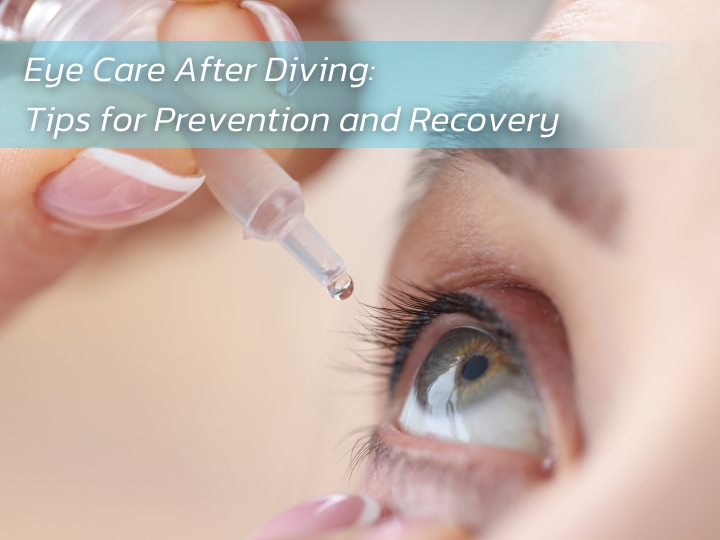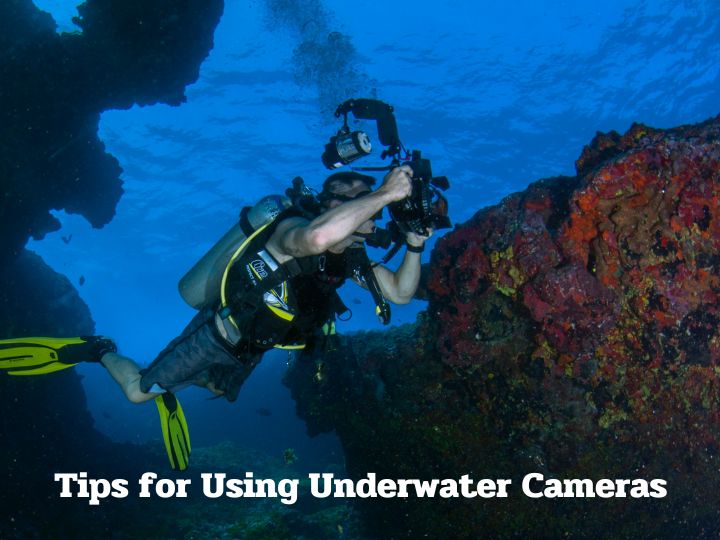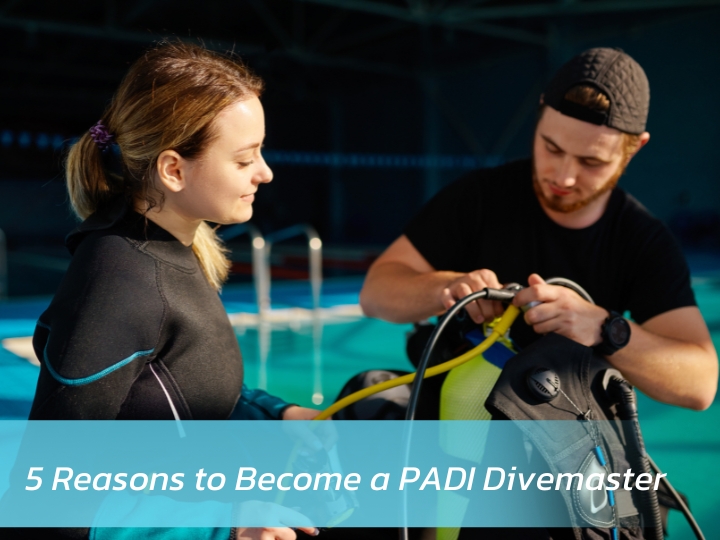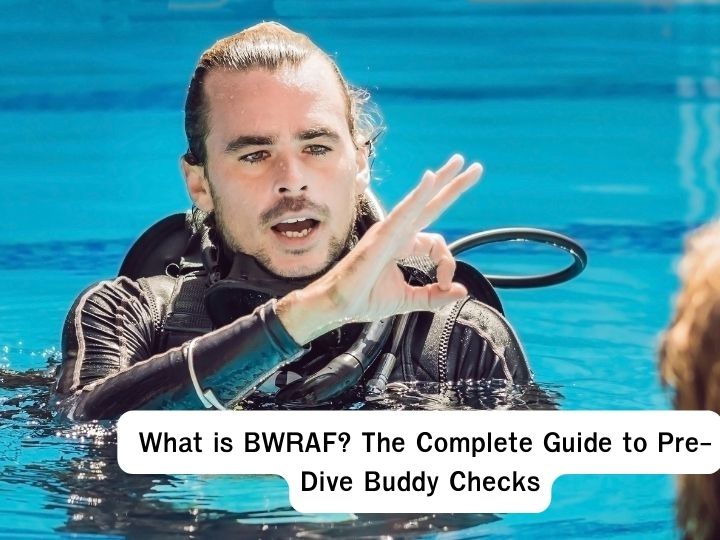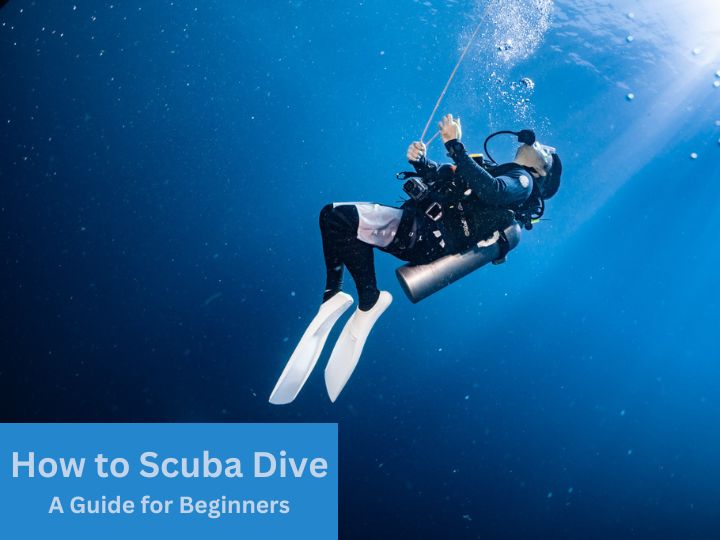
How to Scuba Dive: A Guide for Beginners
Scuba diving is an exciting and challenging activity. This guide will help beginners understand and prepare for scuba diving correctly and safely.

Preparing for Scuba Diving
Selecting Scuba Diving Equipment
Selecting the right scuba diving equipment is essential for preparation. A wet suit should fit your body well, and a diving mask should provide clear visibility.
Breathing Practice
Practicing underwater breathing is a crucial skill in scuba diving. Beginners should practice breathing through a regulator and maintaining calm breathing to control underwater respiration.
Learning Basic Skills
Learning basic skills such as adjusting buoyancy, using a BCD, and underwater movement is important to practice. Beginners should attend training courses with certified instructors.

Diving Safely
Rules and Regulations for Scuba Diving
Scuba diving involves high risks, so following the rules and regulations is crucial. Divers should understand the dive plan and not exceed the limits set.
Managing Diving Equipment
Checking and maintaining diving equipment is essential. Inspecting the regulator and tank before every dive ensures that all equipment is in good condition.
Underwater Communication
Underwater communication is a vital skill in diving. Using hand signals to communicate with a dive buddy or group is necessary for safe scuba diving.

Scuba Diving in Different Locations
Sea Diving
Sea diving is an exciting adventure. Beginners should choose safe diving locations with professional supervision, such as diving in Phuket or Koh Tao in Thailand.
Cave Diving
Cave diving is a highly challenging adventure. Divers should have adequate experience and training, as well as appropriate equipment for diving in high-risk environments.
Wreck Diving
Wreck diving is an intriguing adventure. Divers can explore shipwrecks and encounter diverse marine life, but should exercise caution and follow expert advice.

Diving Training and Certification
Scuba Diving Training Courses
Joining scuba diving training courses is essential for beginners. Courses like the PADI Open Water Diver help beginners acquire the necessary skills and knowledge for scuba diving.
Scuba Diving Certification
After training, divers can obtain diving certification. Certification from recognized organizations like PADI or SSI ensures that divers can dive safely and confidently.
Advanced Skill Training
Practicing advanced skills such as diving in different environments or deep diving will help divers become more proficient and ready for higher-level underwater adventures.

Maintaining and Caring for Diving Equipment
Cleaning Equipment
Cleaning diving equipment after use is important to prevent rust and dirt buildup. Rinse equipment with fresh water and let it dry completely before storage.
Inspecting Equipment
Regularly inspecting diving equipment ensures it is in good condition. Check the regulator and tank before every dive to prevent potential underwater issues.
Repairing Equipment
If diving equipment is damaged, it should be repaired by a professional shop to ensure it is safe to use for the next dive.
